What is the cost of living in Mauritius?
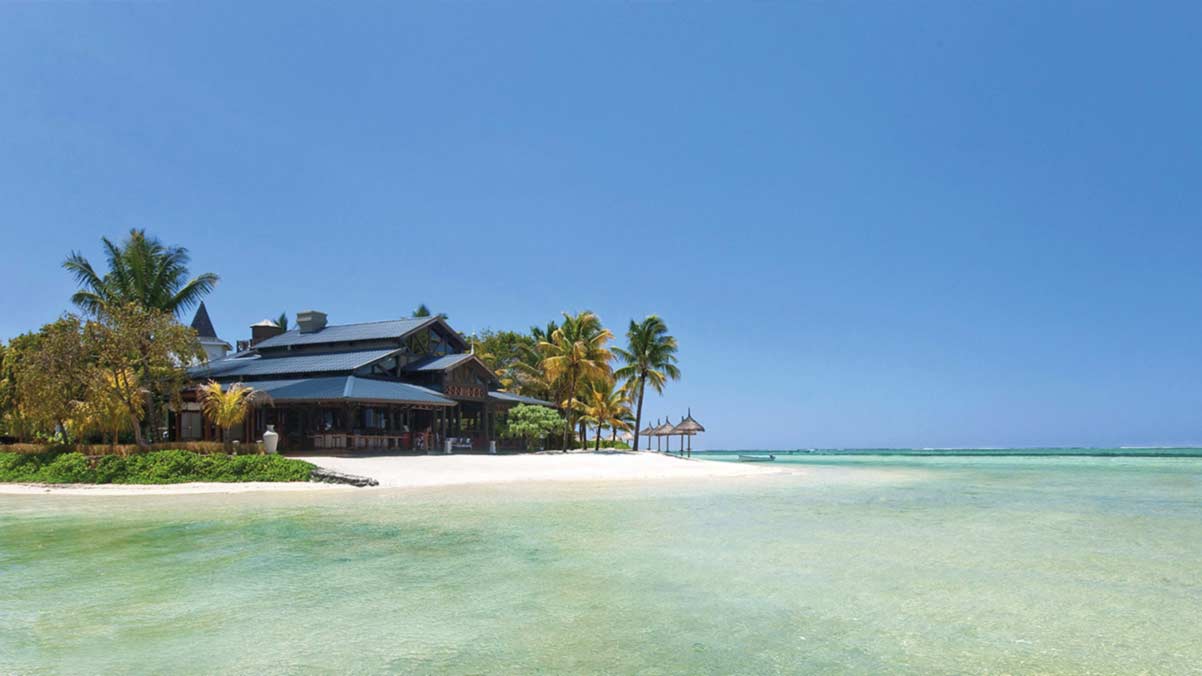
Mauritius, the jewel of the Indian Ocean, is often perceived as a dream destination for vacationers, expatriates and investors.
But beyond its heavenly beaches and rich culture, how much does it really cost to live on this island?
In this article, we’ll explore in detail the different aspects of the cost of living in Mauritius, from real estate to services, transport, health, education and food.
Whether you’re considering moving to Mauritius, investing here or simply want to better understand life on this beautiful island, this article will provide you with a detailed and comprehensive overview of the cost of living in Mauritius. So let’s dive into the details together!
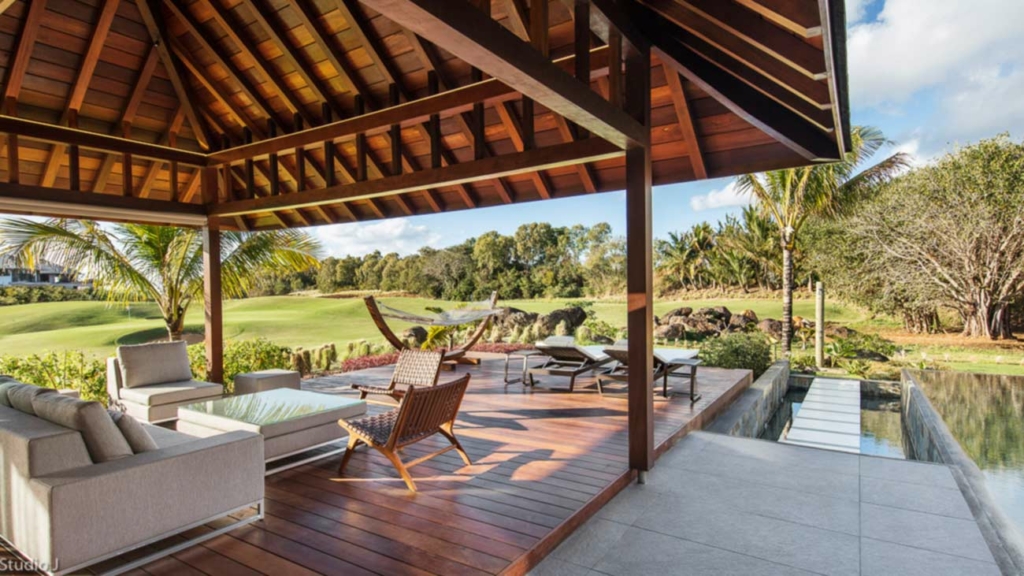
Home
Mauritius, the pearl of the Indian Ocean, is a prime location for real estate investors.
But what does it really cost to live on this enchanting island?
In Port Louis, the capital, a rental apartment can cost between MUR 15,000 and MUR 40,000. Converted into euros, this is roughly equivalent to €375 to €1,000, offering a wide range of real estate options.
Inflation rose to 10.7% in 2022, driving up prices for consumer goods and rents.
Despite this inflation, Mauritius remains competitive with other destinations in terms of cost of living.
Whether you’re looking for a city-center apartment or a luxurious seaside villa, Mauritius has a property to suit every budget.
Prestige properties are highly sought-after because they are exceptional. So, are you ready to invest in this tropical paradise?
Cost of internet, telephone and electricity services
Having discussed the cost of living in Mauritius, let’s turn our attention to another essential aspect of daily life: services and utilities.
Electricity, for example, can vary between 3,000 and 6,000 rupees per month (75€ and 150€ per month), especially in summer when air conditioning and pool pumps are used more frequently.
Water costs an average of 300 to 500 rupees (€7.50 to €12. 50) a month. Many people opt for gas for cooking and water heating, an economical and environmentally-friendly alternative.
When it comes to connectivity, Mauritius Telecom dominates the market. Their internet offers range from 800 rupees for a connection of up to 10 MB to 5,800 rupees (€145) for a 1 GBPS fiber line. For mobiles, a 75-gigabyte package costs 315 rupees (€7.90), while a simple prepaid top-up costs between 50 and 300 rupees. And for those who can’t do without television, DSTV and Canal + are the main providers. Their premium offers are respectively 2,800 and 2,200 rupees (€70 and €55).
Transportation costs
Having discussed the cost of housing and services, let’s move on to another essential element of life in Mauritius: transport.
Many Mauritians take the bus to work, with a ticket costing €0.88 for a single journey or a monthly pass costing €25. Cabs, on the other hand, do not have a fixed fare, so it is advisable to negotiate the price before departure.
If you’re thinking ofbuying a car, you should be aware that it represents a substantial investment. For example, a new Toyota Hilux costs over a million rupees, or €25,000, while a Suzuki Alto costs 360,000 rupees, or €9,000.
Renting a car costs around €375 a month, and the current price of petrol is €1.50 a liter.
In addition to the purchase price, owning a car also involves annual insurance and road tax costs. These can vary from €150 to €625 per year, depending on the size of the vehicle and the insurance company chosen.
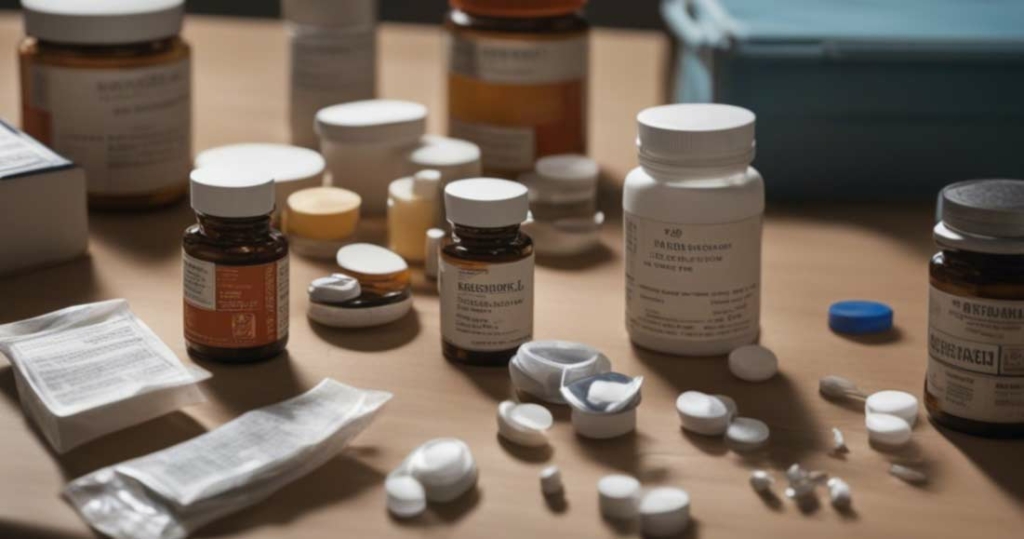
Health costs
Having discussed the cost of housing, services and transport, it’s time to look at an equally crucial aspect: health and insurance in Mauritius. Although the country has five government-funded hospitals, residents and expatriates can encounter administrative difficulties and long waiting lists at public facilities.
Fortunately,Mauritius also boasts several high-quality private medical clinics and six private hospitals, making the country a popular destination for medical tourism. However, these establishments can be costly.
For example, expatriates moving to Mauritius could consider taking out international health insurance to access private services. This is particularly relevant for those looking for specialized services.
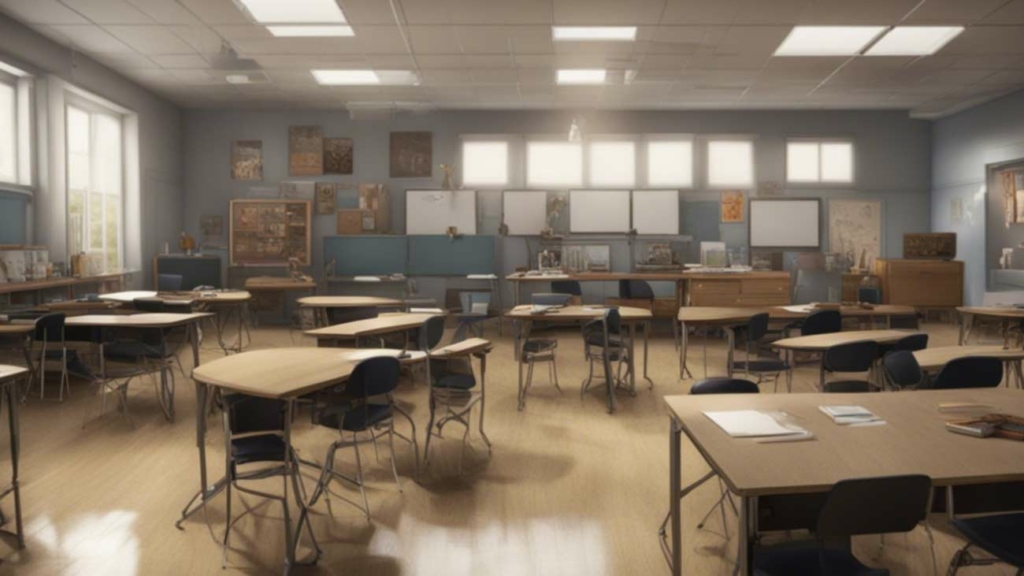
Education, the cost of schools
Mauritius’ educational landscape offers a variety of options, from public schools to private establishments, nursery schools and international schools.
Tuition fees can vary considerably. For example, a private nursery school costs an average of $119.39 (approx. €100) per month for one child, while an international elementary school can cost up to $4,250.26 (approx. €3,570 ) per year. Government schools generally follow the British education system, while private primary and secondary schools often adopt the IB program or the French education system.
Among the best-known private schools are L’école du Nord, Lycée des Mascareignes, Bocage and Northfield. It’s important to note that these establishments often charge different rates for local residents and expatriates.
For example, the registration fee is usually 3,000 rupees (approx. €75), while deposits can vary from 25,000 rupees (approx. €625) to 65,000 rupees (approx. €1,625).
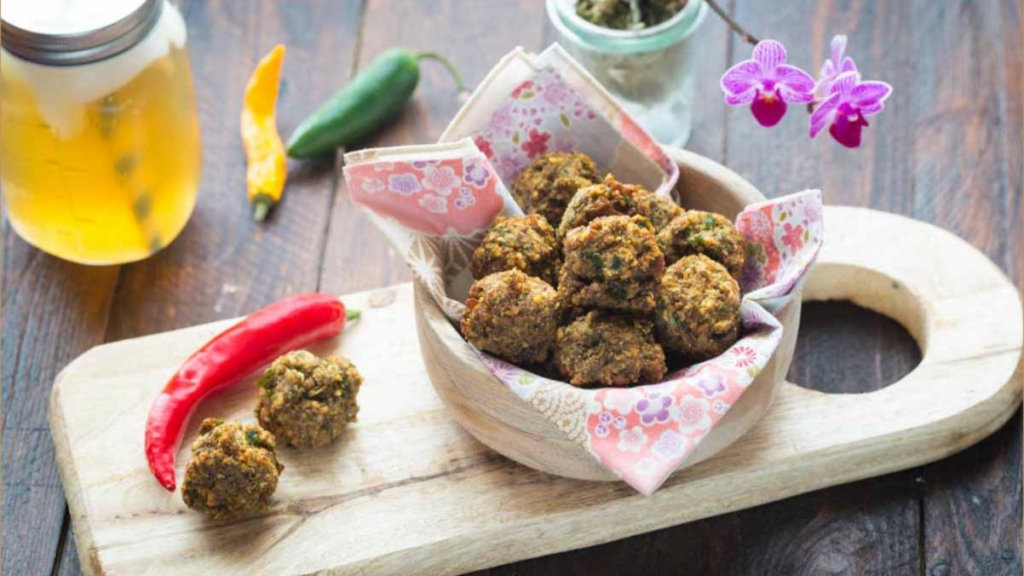
Food and restaurants
Having covered the costs of housing, services, transport, health and education, let’s now explore the cost of food in Mauritius.
Food is a major expense for residents and expatriates alike.
For one person, you’ll need at least 10,000 rupees (around €250) a month, or 40,000 rupees (around €1,000) for a family of four.
To give you an idea of prices, a McValue meal costs 99 rupees (about €2.50),
An average meal in a budget restaurant costs 250 rupees (approx. €6.25), while a top-of-the-range restaurant for two people costs 1,500 rupees (approx. €37.50).
Mauritius offers a multitude of culinary choices, from street food to gourmet restaurants. Mauritian cuisine is a blend of Indian, French, African and Chinese influences, offering delicious and flavorful dishes. Seafood, fresh and plentiful, is a must.
Market prices vary according to location, season and availability. Here are some examples of prices for common products:
- Water (0.33L): $0.46 (about €0.40)
- Milk (1L): $1.05 (about €0.90)
- Fresh white bread (0.5 kg): $0.50 (about €0.42)
- White rice (1 kg): $1.47 (about €1.24)
- Eggs (12): $1.62 (about €1.37)
- Local cheese (1 kg): $6.32 (about €5.34)
- Chicken breast (1 kg): $5.42 (about €4.58)
- Beef (1 kg): $8.86 (about €7.48)
- Apples (1 kg): $1.31 (about €1.11)
- Bananas (1 kg): $0.91 (approx. €0.77)
- Local beer (0.5L): $1.49 (about €1.26)
- Imported beer (0.33L): $1.80 (about €1.52)
Key facts about the cost of living in Mauritius
Mauritius, with its picturesque landscapes and rich culture, offers an enviable quality of life. However, as with any destination, there are costs associated with daily life. For a couple with one child, here's what to remember:
- Average costs: Taking into account housing, services, transport, health, education and food, a couple with one child would need to budget an average monthly income of around €2,500 to €3,000. This includes everyday expenses such as rent, bills, food and school fees.
- Minimum cost: By opting for economical choices, such as living in a more modest apartment, using public transport and favoring public schools, the cost of living for a couple with one child could be reduced to around €1,800 to €2,200 per month.
- Maximum cost: For those wishing to enjoy a more luxurious lifestyle, with a seaside villa, private car, private healthcare and international education for their child, the budget could rise to €4,500 to €5,500 per month.
It is essential to note that these figures are estimates based on the data presented in this article and may vary according to personal choices and market fluctuations. Nevertheless, whatever your needs and budget, Mauritius offers a range of options to suit all lifestyles.
If you are planning to relocate to Mauritius and are looking for expert advice to ease your transition, our consulting firm
Romuald Rousseaux Mauritius Properties
is here to support you every step of the way. With over 20 years' experience in luxury real estate in Mauritius, we offer a unique and personalized service to make your expatriation a success.
Découvrez l'Île Maurice en Août
Planifiez vos vacances à l'Île Maurice en août : climat idéal, activités nautiques, randonnées, gastronomie et vie nocturne. Profitez de la
Lire la suiteLa sécurité à L'île Maurice
La sécurité à l'île Maurice. Des conseils pratiques pour les touristes et expatriés, des informations sur la criminalité, la santé et plus encore.
Lire la suiteLes banques à l'Île Maurice
e système bancaire de l'île Maurice : banques locales et internationales, services pour expatriés, ouverture de compte, investissements et comparaison
Lire la suiteAnimaux de compagnie à l'ile Maurice
Découvrez tout ce qu'il faut savoir sur les animaux domestiques à l'île Maurice : réglementations pour les vacances et l'expatriation
Lire la suiteRandonnée Ile Maurice
Les plus belles randonnées de l'île Maurice, du Morne Brabant aux Gorges de la Rivière Noire. Conseils, préparation et sécurité.
Lire la suiteE-Visa et Télétravail depuis Ile maurice
Comment obtenir votre e-visa pour télétravailler à l'île Maurice Logement, coût de vie, avantages et défis de l'expatriation numérique
Lire la suiteLes smart City de l'Ile Maurice
Les smarts City sont l'avenir de l'Ile Maurice, qu'est ce que ces villes du futur sont et pourquoi elles attirent des investisseurs étrangers ?
Lire la suiteQue faire à l'ile Maurice en Octobre ?
les meilleures activités à l'Île Maurice en octobre : plages paradisiaques, météo idéale, excursions en mer, nature luxuriante et festivités locales.
Lire la suiteÊtre auto entrepreneur à l'Île Maurice
Auto-entrepreneur à l'île Maurice : statut Self-Employed, démarches, conditions, fiscalité et conseils pour réussir votre expatriation prof
Lire la suiteS'adapter culturellement à l'ile maurice
Les choses à savoir sur les coutumes familiales, sociales et professionnelles, les codes vestimentaires, la diversité religieuse
Lire la suiteImporter sa voiture Française à l'Ile Maurice
toutes les étapes pour importer votre voiture de France à l'île Maurice : démarches, coûts, documents indispensables et adaptations nécessaires.
Lire la suiteLes fêtes internationales à l'Île Maurice
comment l'île Maurice célèbre les fêtes internationales, de Noël au Black Friday, en passant par Divali et l'Eid.
Lire la suiteLe rôle des agents immobiliers à l'ile maurice
À l'île Maurice, les agents immobiliers jouent un rôle clé dans votre projet d'acquisition. Expertise locale, accompagnement personnalisé.
Lire la suiteLes avantages et inconvénients de la location longue durée versus l'achat à l'île Maurice
Comparez les avantages et inconvénients de la location longue durée et de l'achat immobilier à l'île Maurice.
Lire la suiteManger local vs importation à l'Ile Maurice
Vous êtes expatrié à l'Ile Maurice ? Nous allons vous expliquer les avantages et inconvénients de manger local ou importé
Lire la suite10 choses à savoir avant de s’expatrier à Maurice
Vous souhaitez vous expatrier à l'ile Maurice ? Voici notre top 10 des choses à savoir avant de s'envoler vers le paradis !
Lire la suiteLes pièges à éviter lors de l’achat d’une propriété à Maurice
Investir à l'Île Maurice ? Ne tombe pas dans le piège du coup de cœur ! Découvre les erreurs à éviter lors de l'achat d'une propriété dans notre de
Lire la suite












































































